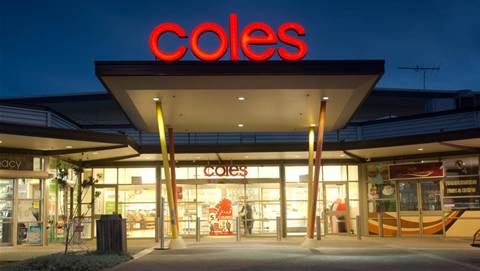Queensland’s 77 local councils combined spend $250 million on energy every year, but until now have had little insight into what they could be doing to reduce their costs or how they compare to other councils.
After a survey of members highlighted a growing desire for stronger data and analytics capability, the Local Government Association Queensland has been working to develop a tool to delve into councils’ energy spend.
Analytics and Special Projects principal at LGAQ, Brodie Ruttan, told iTnews the Energy Detective leverages existing data tools including AWS, Snowflake, Alteryx and Tableau, with council assets benchmarked by kilowatt consumption per square metre per day.
He said the association was able to secure buy-in from councils, who are understandably wary about sharing data, because it was never envisioned as an ‘open data’ project for the whole world to see.
Rather, the data sharing project is only visible to local governments, gathering and anonymising data so councils can perform their own benchmarking.
Ruttan said that libraries emerged as one of the best sites to compare energy spend across councils, with some spending 10 times their peers for comparable properties.
Changing tariffs was revealed as an effective way to save money, with some individual sites costing councils $140,000 more than similar sites in the course of a year.
The Energy Detective was also able to highlight when a site wasn’t using electricity but was still being charged connection fees (adding up to hundreds or even thousands of dollars per site per year), costly billing errors, or when a council was still paying the power bill for a site that it no longer owned thanks to boundary redistributions.
“We found one site that was 1100km from council that it was paid for 18 months after a redistribution,” Ruttan said.
In total, a quarter of all councils using the platform found they were still paying for a site that was no longer in their boundaries.
Ruttan added that another factor in the Energy Detective’s success is that it isn’t really comparable to commercially available bill validation tools, which don’t allow anonymous benchmarking and require councils to share data with third parties rather than the LGAQ which is owned by its member organisations.
The LG Sherlock team are currently investigating other uses for the platform, including ways to drive efficiency in how energy guzzling public swimming pools are managed.
This project was a finalist in the Local Government and Sustainability categories of the iTnews Benchmark Awards 2020.




.jpg&h=140&w=231&c=1&s=0)





















